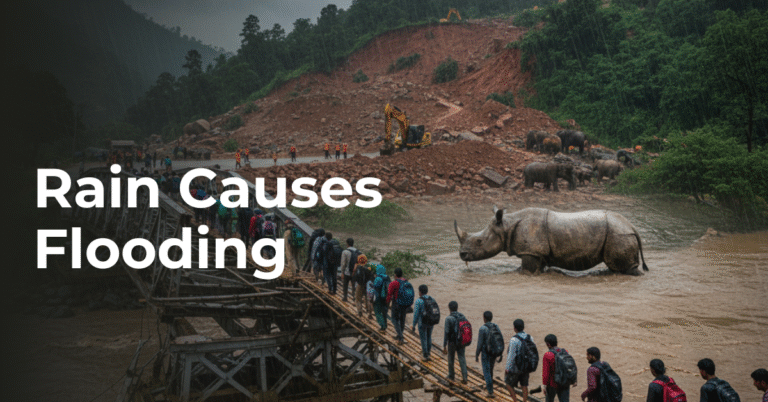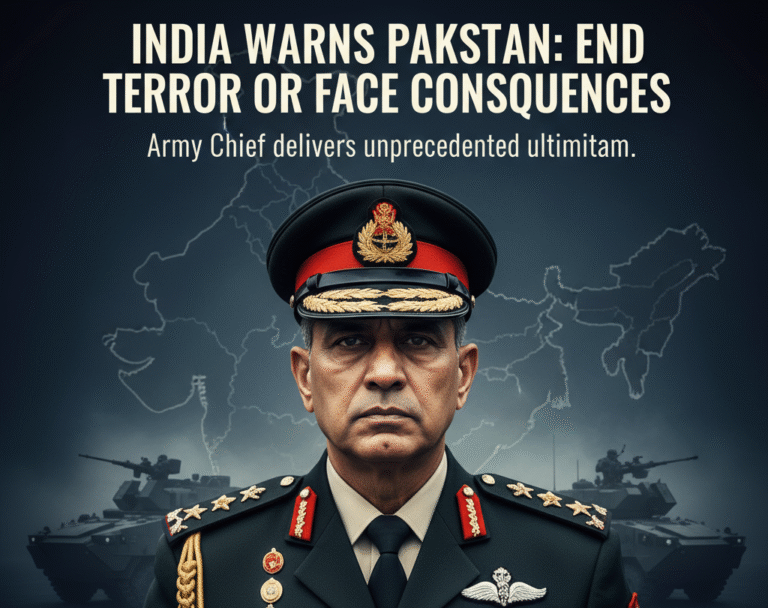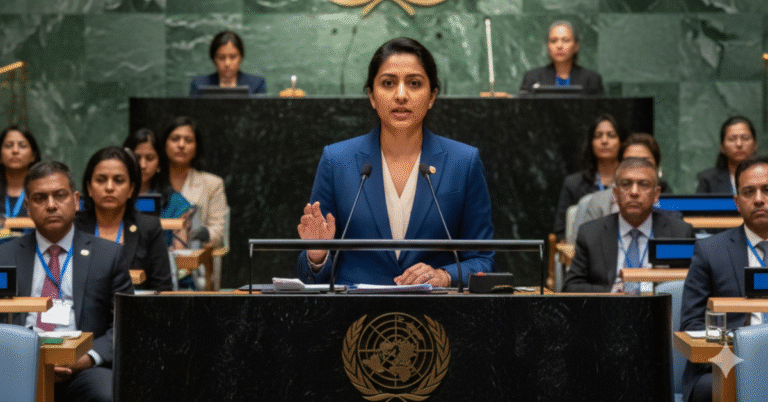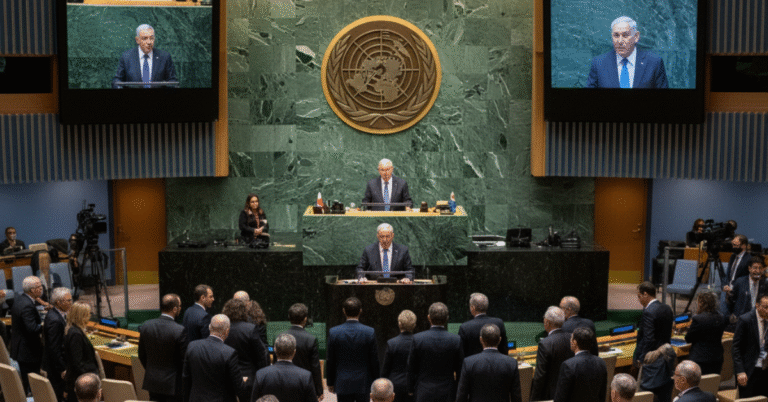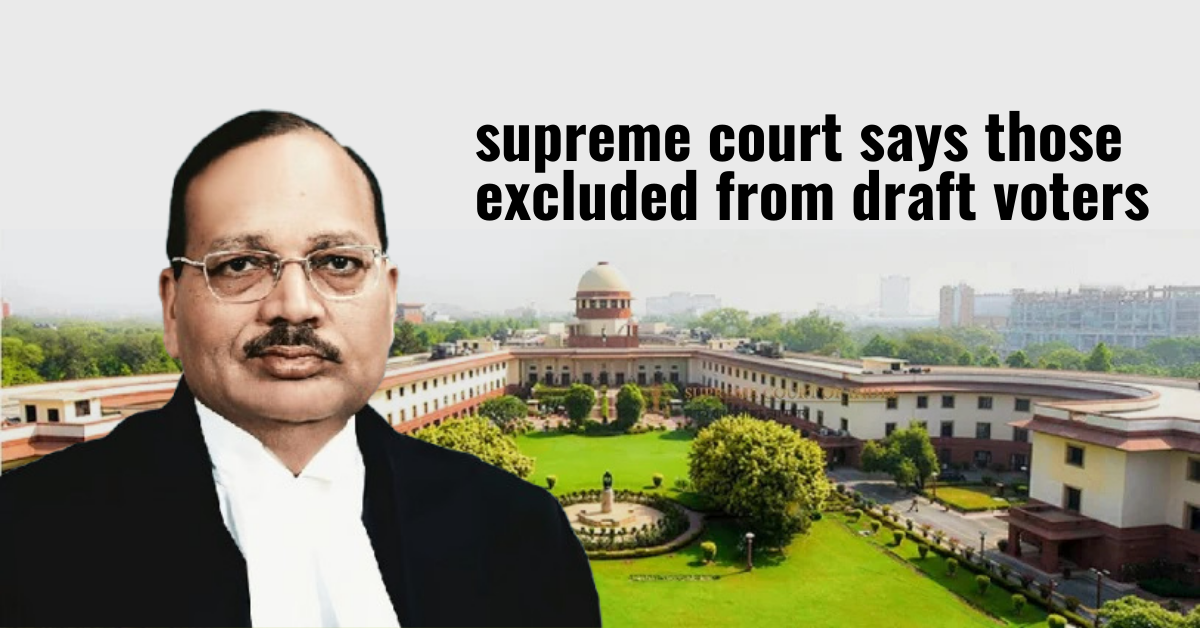
Bihar Voter List Revision: Are Document Rules Too Harsh for Citizens?
The Election Commission of India’s (ECI) Special Intensive Revision (SIR) of the electoral roll in Bihar aims to ensure accuracy before the upcoming assembly elections. However, the process has sparked concerns over the practicality of its document requirements and the potential risk of leaving millions of eligible voters out.
The Document Challenge
The ECI has listed 11 acceptable documents to verify an individual’s date and place of birth. While this appears comprehensive, Bihar’s ground reality tells a different story. Historically low birth registration rates and limited access to official IDs mean a large segment of voters may struggle to meet these requirements.
Among the listed documents, only birth certificates and passports consistently provide both date and place of birth. But passports cover barely 2% of Bihar’s population, and less than 10% of those born between 1986 and 2007 have birth certificates. This leaves millions scrambling for alternatives—many of which may not reliably confirm birthplace.
Who is Affected?
Bihar’s electoral roll has grown from 4.96 crore voters in 2003 to 7.89 crore in 2025. Of these, around 4.1 crore voters who were not on the 2003 list could be required to provide proof of birth. Yet, estimates suggest nearly 3.7 crore people lack documents that meet the ECI’s standard.
Time is Running Out
The ongoing claims and objections phase ends on September 1, 2025. Those whose names are missing from the draft roll must submit claims by then. Others whose names are on the draft list but who did not provide valid documents will also need to submit them before the deadline.
The Larger Concern
While the ECI’s objective of maintaining clean electoral rolls is legitimate, the process risks excluding eligible voters simply because of missing paperwork—documents many citizens never had access to in the first place. Coupled with Bihar’s monsoon season, high out-migration and the short timeline, the task becomes nearly impossible for a large section of the population.
A Call for Pragmatism
Democracy thrives when every eligible citizen has an equal opportunity to vote. For this to happen, verification processes must be practical and inclusive. Otherwise, millions could be disenfranchised not due to ineligibility, but due to bureaucratic barriers.
